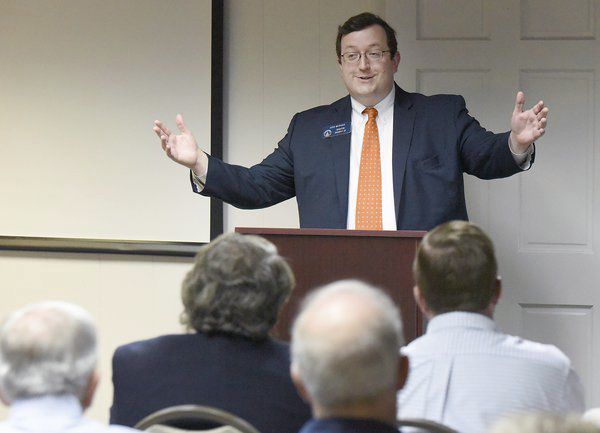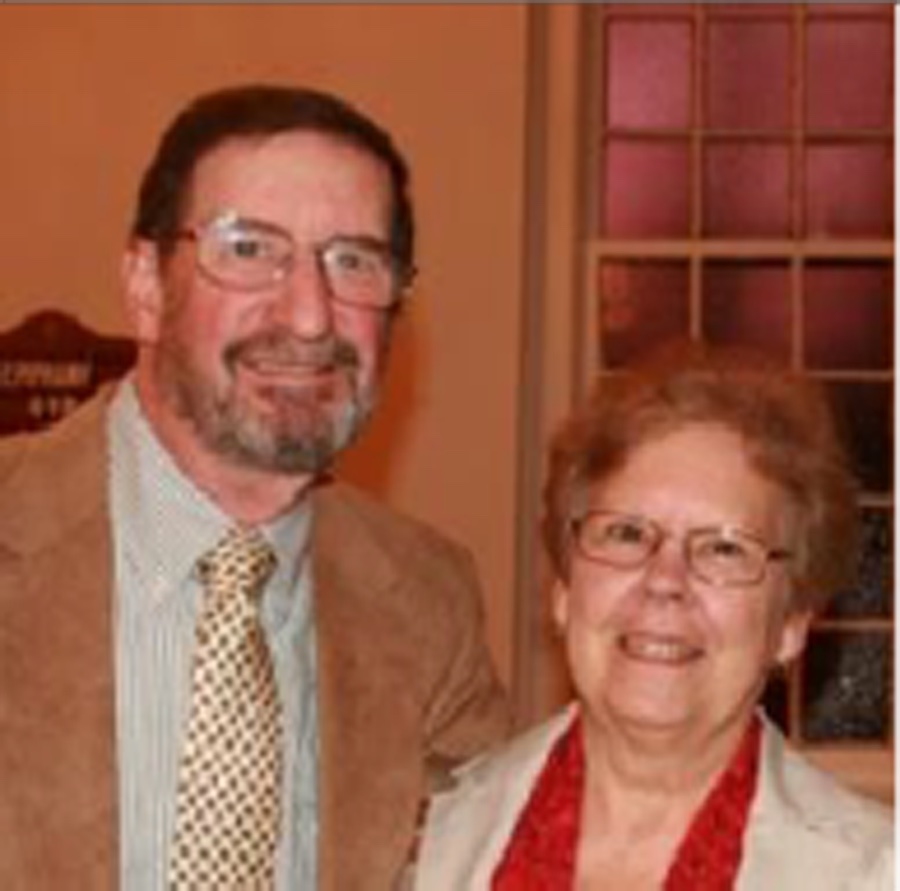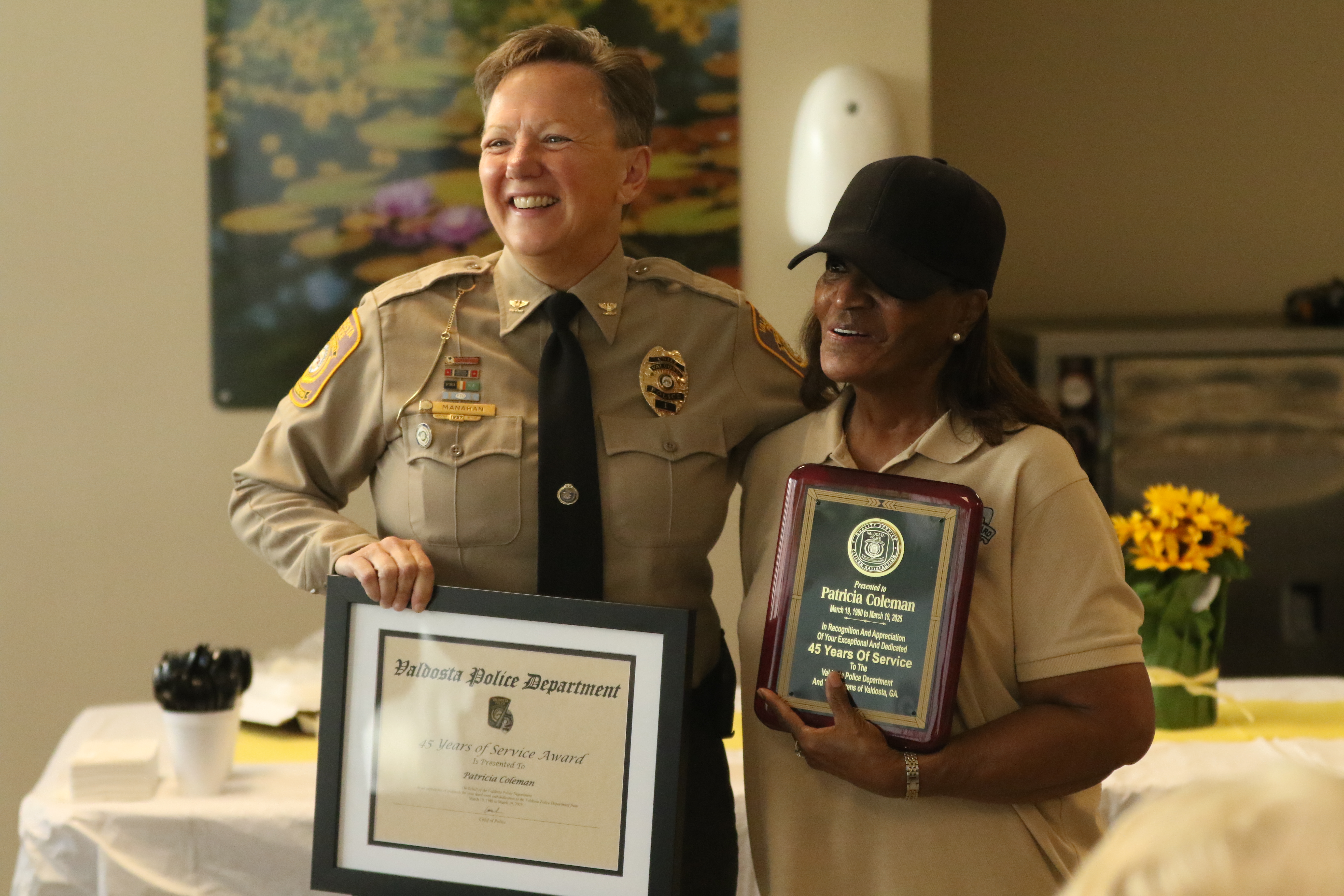McKoon calls for more transparency in state government
Published 2:37 pm Wednesday, February 22, 2017

- Matt Hamilton/The Daily CitizenState Sen. Josh McKoon, R-Columbus, speaks to the Dalton Tea Party at the Huff House on Tuesday.
DALTON, Ga. — When Josh McKoon entered the state Senate in 2011 the state’s top income tax rate was 6 percent.
“Does anyone know what it is today?” he asked a meeting of the Dalton Tea Party Tuesday night at the Huff House.
“It’s still 6 percent. We have failed to provide the sort of broad-based tax reform that would benefit the average person,” said McKoon, a Republican from Columbus.
But McKoon said that while the Legislature, which has been controlled by Republicans since 2005, has failed to provide broad tax reform it has doled out plenty of tax breaks for big business or other well-heeled industries, such as removing the sales tax on Super Bowl tickets. (Atlanta has the 2019 Super Bowl). He noted that just last week the state House of Representatives approved tax breaks for yacht owners who have them repaired in Georgia, and a House committee backed a bill that would give Delta Air Lines a break on sales tax for fuels.
McKoon also noted that the state Senate, unlike the state House, does not record and broadcast committee meetings on video.
He said of the nation’s 99 state legislative chambers, the Georgia Senate is one of just 26 that does not broadcast its committee meetings on video and one of just 18 that does not broadcast on either video or audio.
“That means unless you are able to attend these committee hearings yourself, you don’t know what was said,” he said.
McKoon said another way in which the Senate lacks transparency is that it takes five senators to request a recorded vote on many measures. If five don’t request such a vote, senators vote by raising their hands. That leaves no official record of how they voted, and McKoon said senators will sometimes step underneath the balcony to vote so that TV cameras, which do record the Senate floor, can’t record them. Again, those who are not there can’t easily see how senators voted.
“I believe that the people who elected me have a right to know how I voted,” he said.
McKoon was one of the key sponsors of the bill last year that would have provided that any law that violates someone’s religious liberty must pass a “strict scrutiny test,” which meant it must further a compelling governmental interest and is narrowly tailored to achieve that interest. That’s the same level of scrutiny used for all other First Amendment rights and the same standard of scrutiny applied to federal law. It’s the same standard applied to religious liberty claims in two dozen other states.
That bill passed the Legislature but was vetoed by Gov. Nathan Deal.
An audience member asked if McKoon had been punished for sponsorship of the bill. He said no one had told him to his face he was being punished but there were reports that Columbus State University had been denied funds because of him. The Columbus Ledger-Enquirer had quoted a fellow Columbus lawmaker as saying that Deal had made it clear that the reason the university did not get the money was because of McKoon.
“If that happened, it did not hurt me. It hurt the 8,500 young people enrolled at Columbus State. That’s not leadership,” he said.
Varnell City Council member Jan Pourquoi asked what can be done to bolster the “waning” power of the Legislature against the executive branch.
McKoon said that when candidates are running for the Legislature next year voters have to ask themselves which candidates will stand by their principles even if it means standing up to the leadership of their own party. He said he would like to see a candidate for governor call for a commission to look at the state constitution and ways to re-balance the power between the executive branch and the Legislature. McKoon, who had earlier announced he will not run for re-election when his term expires in 2018, left open the possibility that candidate might be himself.
He said he is looking at either running for one of the “power positions” in state government or backing someone who will. He noted that he was married just a few months ago and the decision to run for higher office “is not just mine now.”





